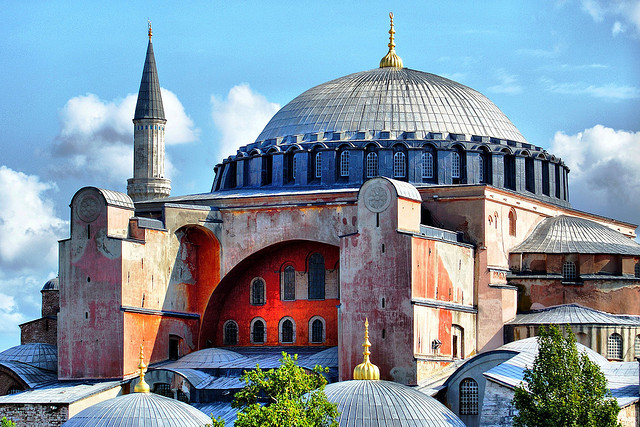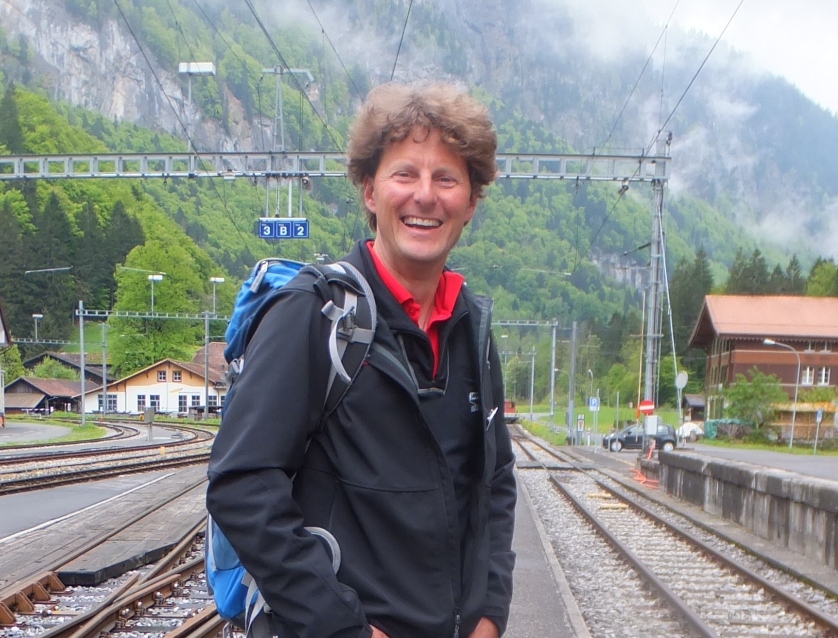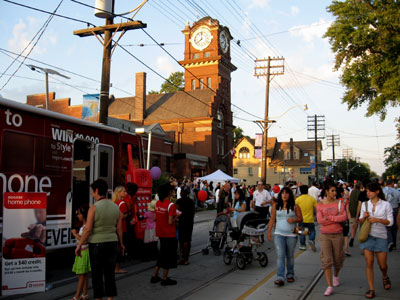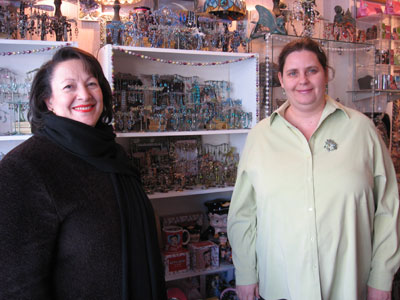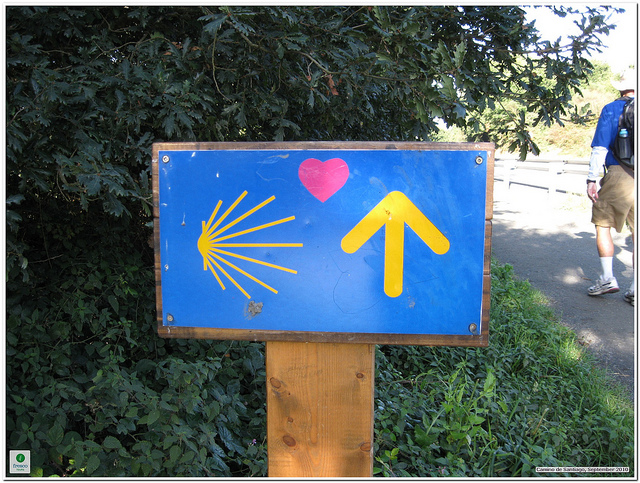7. What can you tell us about the mentality of people in Turkey?
The mentality of the Turks is a whole topic within itself. Most Turks are poor, although there is a slowly rising middle class. They must work hard to survive, there is not much time for play. Turks tend to live for the moment because of this. When they are asked to do something, they tend to say what they think will make you happy, whether it is true or not. That took me a long time to get used to. Eventually they do get things done, but not at “your” time.
They are not a country to protest, I guess because of their politics. They are a quiet people who spend a lot of time waiting or lining up for things. It seems they have resigned themselves that if they are vocal still nothing will happen. One exception to this is their love of honking when driving. But still nothing much happens. My head of department waited 14 years for his home telephone. Now that’s patience! That was a long time ago though and the world of technology has changed. Ironically Istanbul had way more bank machines than Toronto in 1989. And now everyone has a cell phone.
Because it is a poor country, my wallet was stolen 4 times and my TV and pay-TV decoder were stolen once from my house while I was sleeping. If you plan on visiting, watch your wallet.
8. Turkey is primarily an Islamic country. How does that manifest itself in day-to-day life? How did that affect you as a foreigner, particularly as a female expatriate?
Being an Islamic country, you hear the calls from the Mosque several times a day. So when looking for an apartment – beware! Don’t locate too close to a Mosque. I can’t say I missed this cacophony of sounds when I got back to Toronto.
Ramazan (the Islamic holy month of Ramadan) affected our daily life since the Turks who fast can only eat before sunrise and after sunset, the best time to take a taxi in Istanbul was during those mealtimes. You didn’t have to wait in traffic. Also the streets were empty while a soccer game was going on – Turks are soccer fanatics!
Since Turkey is secular, women do not have to cover their heads, and definitely not their faces. A lot of women, originally from Eastern Turkey, did wear scarves, though. Students are forbidden to wear scarves in school. There are definitely more completely covered women in Toronto than in Turkey.
I was surprised to discover that none of my adult students from the language school I taught in part-time had ever been in a Mosque. They told me mostly the elderly go to the Mosque for something to do. Apparently they do not actively practice their faith.
Of course a lot of people go to the Mosque during holidays, as Christians would go to Church during Christmas. Good muslims must be kind and helpful, especially to the poor. I found this was definitely the case and I was surrounded by kind and helpful people.
Being a non-Muslim in a Muslim country did not really affect me. The Muslim religion is accepting of all religions. One thing that did bother me was that in many areas only men or couples went out at night. The single women now though are beginning to go out. I am not sure if this comes from the religion or culture, or maybe both.
If I was out late at night, I had a very safe feeling, that all the men were watching out for me to make sure I wasn’t bothered. Of course, I was no spring chicken any more anyway.
9. What is your favourite memory of your time in Turkey?
My favourite time in Turkey was when a group of 25 people from my school went on a trip to South-Eastern Turkey, organized by the geography teacher. It was about 6 days long. I called this the “Magical Mystery Tour” and it was exactly that.
We took a plane to “Gazientep” (famous for pistachios), then we went off on a mini-bus. We saw the Euphrates and Tigris rivers, crops of lentils, chickpeas, nuts, bridges and monuments thousands of years old. We went to Urfa, said to be Abraham’s birthplace. It seemed time had stood still for at least 2000 years. I thought we were back in biblical times.
The trip ended at Nemrut Mountain – 4 hours of driving up into the mountains to walk another ½ hour to a wondrous site of statues in the middle of nowhere. The clouds opened up to let the rays of the sun through, they call this “the hands of God”. Spectacular!
10. Through your various travels you have connected with people from many different countries. Please tell us about your international circle of friends, how did you meet them, where are they now, how have these relationships evolved?
I now have very close friends all over the world, thanks to my travels – close in heart, far in distance. I have more friends outside Toronto than here and I love them all dearly.
My Australian friends are all from when I taught in Turkey. Also my friends in England and one in Toulouse, France. My European friends are mostly from my stays in Parga, they now live in Denmark, Belgium, Switzerland and Italy. I have friends in Tunis and Paris from my days as a nanny as France.
All my Turkish friends are still mostly in Istanbul and many of the foreign teachers I worked with are married to Turks. One of my closest friends, a Swiss woman now living in Athens, married to a Greek, met me in Toronto as a tourist herself. My friends in Memphis recently moved to Florida from the Kibbutz and of course there is Camille from Parga, who is originally from Vancouver and now lives in Orlando.
If I were given one wish, I would wish them all here to be here close to me. The Internet has almost made this possible.
11. What are some of your most moving human experiences that you had as part of your international connections?
An extremely memorable experience was related to my friend Taha, who I had met as a young au-pair in Paris in 1977. He was from Morocco and a friend of the family, one of the nicest men you could possibly know. At the time he told me that 3 of his brothers had “disappeared” for political reasons in Rabat, Morocco, 5 years before. The police had come to the door and they were gone, never to be seen again. No word on where they were or if they were alive or dead.
Years went by and I kept in contact and I met Taha in Aix-en-Provence 9 years later. He was to be married to a Tunisian woman. We still kept in contact and then I lost him for 5 years. Desperate to find him, I contacted my au-pair father in Paris 20 years later. Thank goodness he still had the same telephone! I found out Taha was living in Tunisia with his wife and 3 young children. I phoned him and he wanted me to come and visit as it had been about 10 years since I had seen him. So I flew from Istanbul to Tunis in January of 1997.
Taha met me at the airport and we went to his beautiful house in Sidi Bou Said, a suburb of Tunis. Wow, I had known Taha when he was poor, where did he get this windfall I asked? He told the incredible story of his 3 brothers who had been released from a Moroccan prison 17 years after their capture and he and his brothers had received substantial compensation from the Morrocan government.
Taha was living in Paris at the time when he got a call from a friend in Morocco who gave him the news. He had not heard one word from his brothers for 17 years. He assumed they were dead. Well, they were alive and coming to Paris!
After a month of being treated in a Moroccan hospital they arrived and the family was reunited. I get goosebumps just thinking of it. The miracle is that the 3 survived and were all sane.
I returned to Istanbul after a week and one month later Taha told me that one of his brothers, Beyazid, was coming to Istanbul. Taha asked me to show his brother around. It was my pleasure and honour.
But the story doesn’t end there. The first night of arrival Beyazid told me he had to go to the airport the next morning. I thought he was coming by himself to Istanbul. No – he was meeting his friend and lover Maria who he hadn’t seen in 25 years since his capture. Maria had heard that Beyazid had been freed and they had been looking for one another for 5 years. They finally found each other and decided to meet in Istanbul.
I met Maria that afternoon, a stunning now 50 year old woman. It was my job to find a place where they could reunite and we could celebrate under the motto “bien manger, bien danser, bien nous amuser’” (to eat and dance well and have fun), as Beyazid said in French. He wanted to go to a place with a female Turkish singer. All this was a tall order for me since it was to be to be a very special celebration.
I found a place and we spent the most magical evening and the most magical 2 weeks in Istanbul. Maria and Beyazid reconnected as good friends and became as close as ever. It was like we were characters in our own film, almost surreal. Beyazid has become my friend and I have also met another brother of his in Paris, Midhat, who had also been in prison. The 3rd brother lives in Texas and they all stay in touch frequently.
When I see Beyazid, a man full of life, who seems to have forgiven those who took his life away for 17 years, I find it hard to complain about any little or even big thing for that matter. Nothing could be worse than what he and his brothers endured – a living death.
Beyazid – you are my inspiration….
12. How do you still stay in touch with Turkey and what are your upcoming plans to visit this very special country?
I still visit Istanbul every year. 8 years of friends and contacts is hard to leave behind. It feels like it is my second country. I dream of being near the Bosphorus, the waterway that connects the Black Sea with the Sea of Marmara, and the nexus between Europe and Asia. I never tire of it.
I will be there this August and somehow I will also get to Parga at the beginning of September. Now though I like to be home in Toronto at the end of September, beginning of October.
I missed so many autumns in Toronto and never realized it was such a nice place to be.
Yes, it is nice to call Toronto home.
Thanks for your time, Carol. I have really enjoyed your stories…..
